Delivery service
Free Worldwide Shipping & Returns
Free Worldwide Shipping & Returns
40% Discount for you
Tax Free Shopping
80,000+ Satisfied Customers
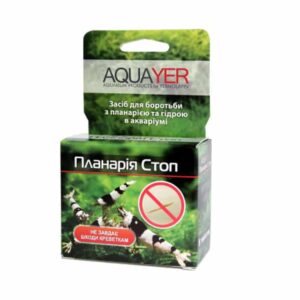 Aquayer Plan Stop 5 tablets
Aquayer Plan Stop 5 tablets
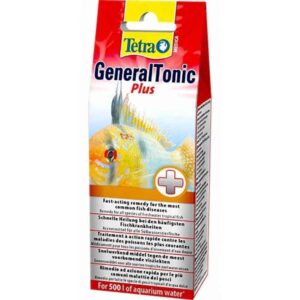 Tetra Med G-Tonic 20ml
Tetra Med G-Tonic 20ml
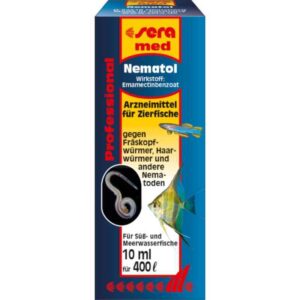 Sera med Professional Nema 10 ml
Sera med Professional Nema 10 ml
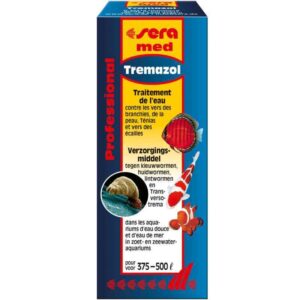 Sera med Professional Trema 25 ml
Sera med Professional Trema 25 ml
 Veterinary needle single 20G×1 ″, 0.9×25 mm 200 pcs
Veterinary needle single 20G×1 ″, 0.9×25 mm 200 pcs
 Hobby Viras 200ml (6.76oz)
Hobby Viras 200ml (6.76oz)
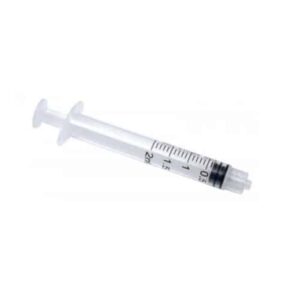 Disposable syringe 2 ml Luer Lock needle 0.6x25 mm Medicare, 100 pcs
Disposable syringe 2 ml Luer Lock needle 0.6x25 mm Medicare, 100 pcs
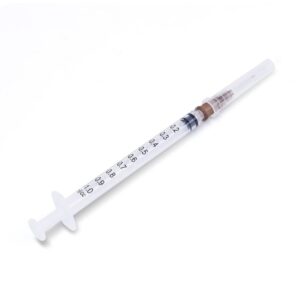 Disposable syringe 1 ml Alexpharm needle of 0,3х13 mm * 100 pcs
Disposable syringe 1 ml Alexpharm needle of 0,3х13 mm * 100 pcs
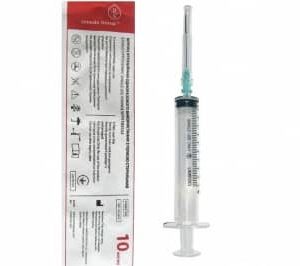 Disposable syringe 10 ml Luer Slip needle 0.8×38 mm Medicare, 100 pcs
Disposable syringe 10 ml Luer Slip needle 0.8×38 mm Medicare, 100 pcs
Showing the single result
The horse is a slender, graceful animal, with highly developed muscles and a strong Constitution. The body is rounded in shape with long slender legs, on the wrists of which there are calloused keratinized bumps on the inner side. On the elegant muscular neck is a large, elongated head. Despite the impressive size of the skull, the horse’s brain is relatively small, which in no way affects the high intelligence of the animal. The head is crowned with pointed, mobile ears. On the muzzle there is a pair of large expressive eyes and rather wide large nostrils.
Horses have excellent hearing, good vision and sense of smell. The body of the horse is covered with hair, the length and stiffness of which varies depending on the location: the bangs, mane and tail have long and silky hair, while the body is protected by a shorter and stiffer coat. The color of the coat determines the color of the horse, and the intensity of the color may change with age.
Types of horses
The horse is conventionally divided into several subspecies, among which zoologists distinguish wild horse, domestic horse, Przewalski’s horse, Kiang, Kulan, wild donkey, domestic donkey, mountain Zebra, desert Zebra, Burchell’s Zebra. However, this classification is still debated. Surprisingly, all these varieties have the ability to interbreed with each other, giving quite viable and healthy offspring. The only problem is that some crossbreeds are not able to bear children in the future and remain infertile.
No account yet?
Create an Account
